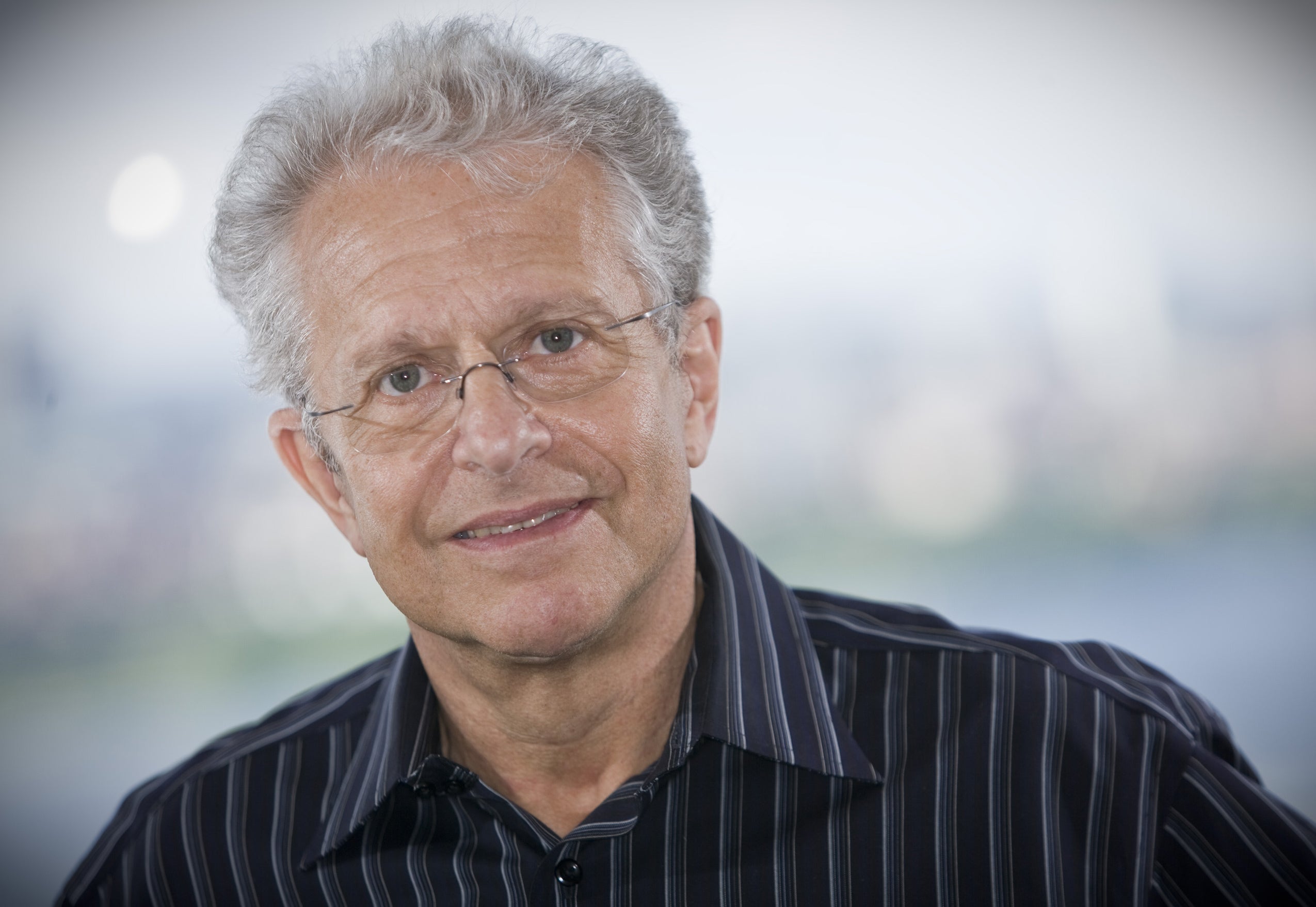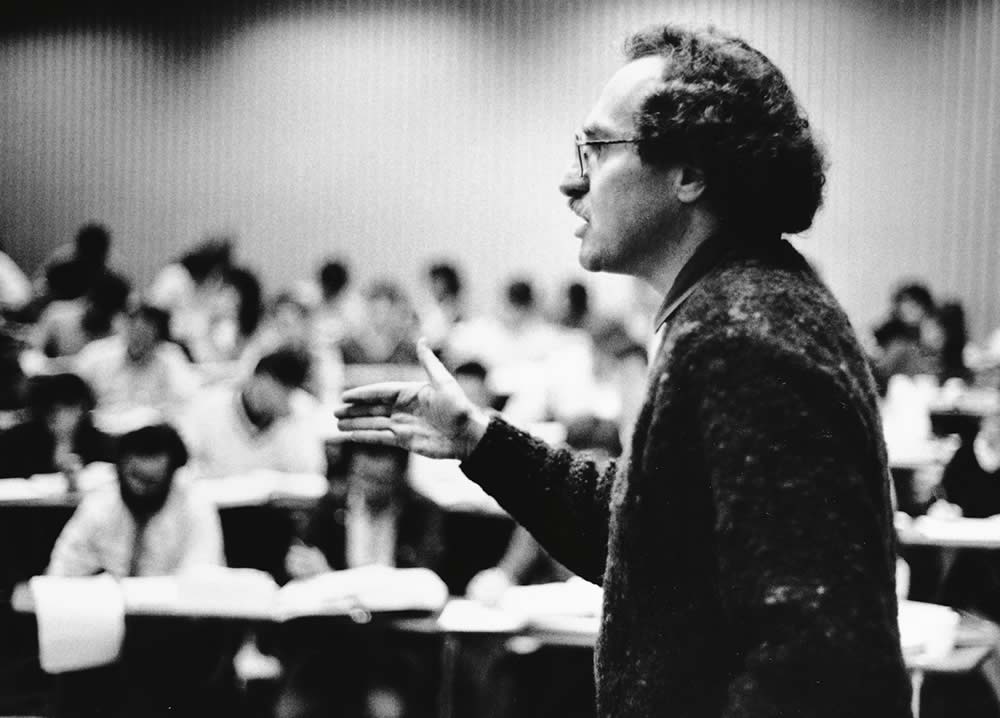
“Whether or not they deter our enemies, retaliation and punishment will help deal with the fear and anger of our citizens and the worries of our allies. But the reassurance will be hollow if, as in our cruise missile attacks on Sudan, we can’t convince our people and our allies that we hit the right target.”
—Professor Philip Heymann ’60, in a September 15 op-ed in theBoston Globe, on the importance of a carefully planned and executed U.S. response to the attacks.
* * *

“America has been singled out for harm, but fighting this evil effectively will require collective action and cooperation at many levels of government, from law enforcement to intelligence gathering to military support. And fighting consistently with the laws of war will ensure that we do not inflict indiscriminate terror in our turn.”
—Professor Anne-Marie Slaughter ’85, in a September 16 op-ed in theWashington Post, on a possible U.S. response to the attacks.
* * *

“It’s possible, of course, that what Congress fails to cut back the Supreme Court will strike down. But even if we could count on the Rehnquist court’s misguided belief that it has all the answers, we should act on a theory of ‘better safe than sorry,’ and resist the temptation to trust the judiciary to trim the excess.”
—Professor Laurence Tribe ’66, in a September 27 op-ed in the Wall Street Journal, on which branch of government should handle issues of balancing civil liberties with increased security measures.
* * *

“‘Trust us’ is not the appropriate slogan for a democracy with a free press and a healthily skeptical populace. Even during periods of crisis, we have a right–indeed, an obligation–to know enough to be able to evaluate governmental decisions.”
—Professor Alan Dershowitz, in an October 4 op-ed in the Los Angeles Times, on the need for accurate public information about U.S. actions to fight terrorism.
* * *

“A one-shot solution is not the answer. Peace does not mean that all problems have been solved. There are always more problems. Peace comes as we become more skilled at dealing with our anger and grief, dealing with each other, and dealing side by side with our differences.”
—Professor Emeritus Roger Fisher ’48, in an October 5 op-ed in theBoston Globe, on U.S. negotiations with the Taliban.
* * *
“From a civil liberties perspective, I prefer a system that takes a little bit of freedom from all to one that takes a great deal of freedom and dignity from the few–especially since those few are usually from a racially or ethnically disfavored group.”
—Professor Alan Dershowitz, in an October 13 op-ed in the New York Times, on using a national ID card system to help fight terrorism.
* * *
“Now we are proposing [military commissions] as a long-term mechanism to achieve one of our principal war aims–finding and trying terrorists. But we are also, according to President Bush, fighting for the values embodied in our Constitution, against an enemy that would destroy our way of life. How then can we violate those values in the process?”
—Professor Anne-Marie Slaughter ’85, in a November 17 op-ed in theNew York Times, on using military commissions to try terrorists.
* * *
“. . . President Bush’s order establishing military tribunals goes too far. It should be cut back by Congress, which must not pass the buck to a Supreme Court that is unlikely, if history is our guide, to vindicate constitutional principles in this setting. But this is not to suggest that those tribunals, at their core, offend any constitutional precept. Congress, and all of us as citizens, must try to view such tribunals, and each related measure the government takes, in their totality–lest by imperceptible steps we gradually make ourselves into an alarmingly different kind of society.”
—Professor Laurence Tribe ’66, in a December 10 article in the New Republic, on constitutional issues and Congress’ role in shaping military tribunals to try suspected terrorists.